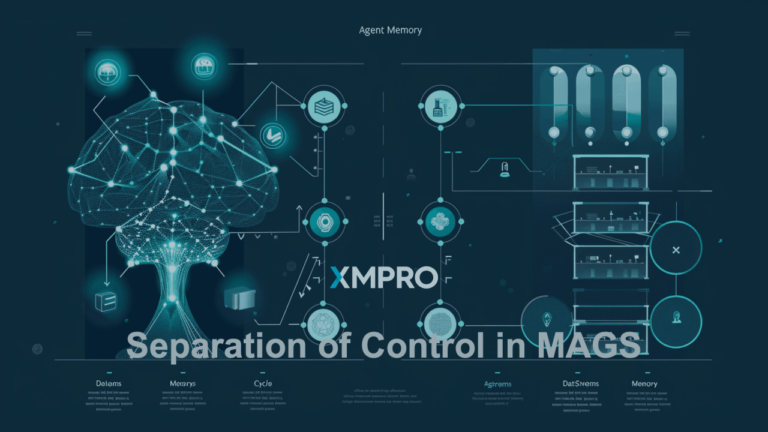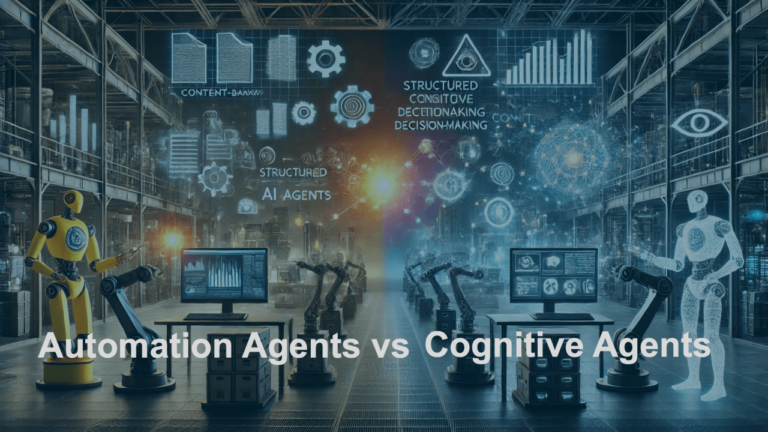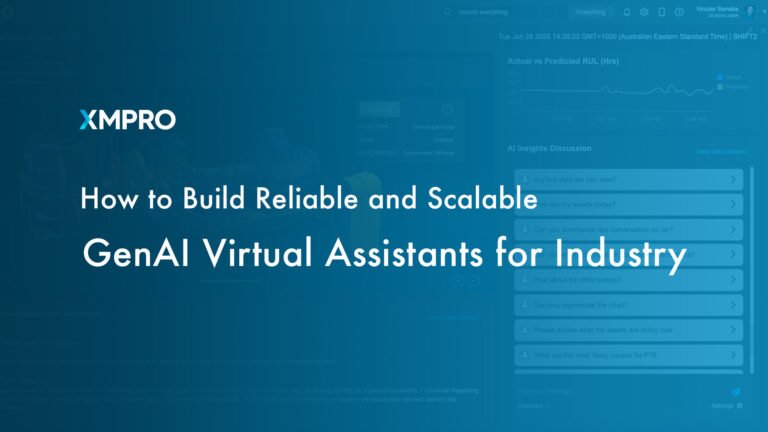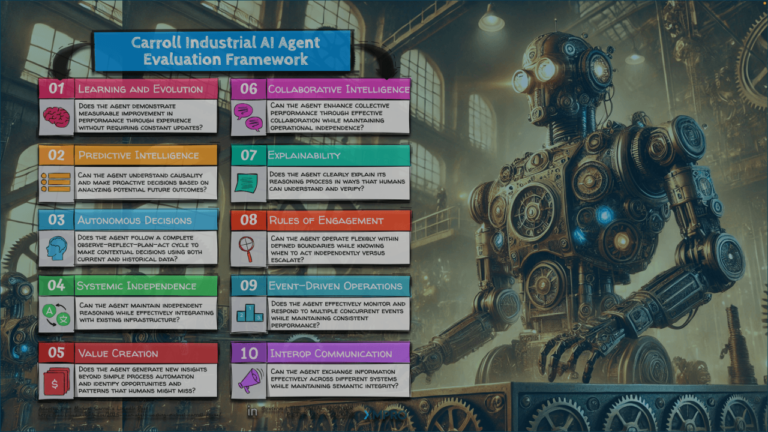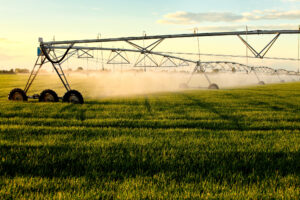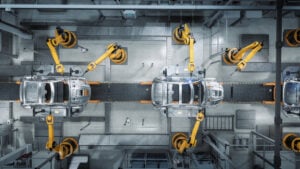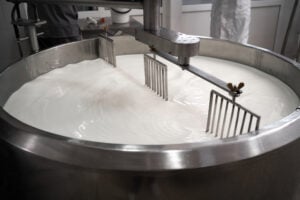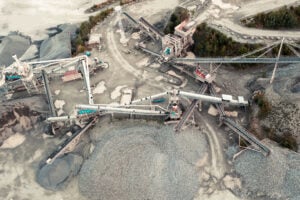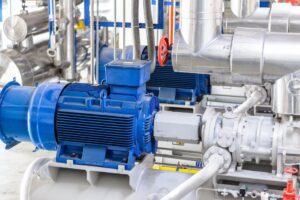Monitor and Reduce Energy Consumption
XMPro Solution for Monitoring and Reducing Energy Consumption in Food Manufacturing
The Problem
In food manufacturing, energy costs constitute a significant portion of total operational expenses, presenting opportunities for cost reduction and enhanced competitiveness:
- High Energy Costs: A substantial part of operational costs in food manufacturing is attributed to energy usage.
- Inefficient Motor Drives: Variable speed drives (VSD) and other electric motor drives can become inefficient, leading to increased energy consumption.
- Lack of Continuous Monitoring: Without continuous monitoring, it’s challenging to identify and address energy inefficiencies.
- Operational Process Inefficiencies: Certain operational processes may lead to higher energy usage without optimized management.
The Solution
XMPro’s solution focuses on continuous monitoring of energy consumption, particularly in VSDs and electric motor drives, to identify inefficiencies and guide process and maintenance actions.
Key Features:
- Continuous Monitoring of Drives: Real-time tracking of VSDs and other electric motor drives to identify inefficient units.
- Predictive Maintenance Recommendations: Providing guidance on maintenance actions to improve energy efficiency.
- Process Optimization: Identifying operational process issues that lead to higher energy use and recommending adjustments.
- Customizable Dashboards: User-friendly dashboards for real-time energy tracking and decision-making.
Why XMPro iDTS?
XMPro iDTS offers specialized capabilities that are particularly effective in solving the challenges associated with monitoring and reducing energy consumption in food manufacturing, especially in managing variable speed drives (VSD) and other electric motor drives. Here’s how XMPro iDTS can be specifically applied to enhance this solution:
-
Real-Time Monitoring and Digital Twin Simulation:
XMPro iDTS can create a digital twin of the manufacturing process, including VSDs and electric motor drives. This allows for real-time monitoring and simulation, enabling a comprehensive understanding of energy usage patterns and identification of inefficiencies.
-
Predictive Analytics for Energy Management:
Utilizing advanced analytics, XMPro iDTS can predict when drives and motors are becoming less efficient and require maintenance or adjustment. This predictive approach enables proactive measures to optimize energy consumption.
-
Process Optimization Recommendations:
XMPro iDTS can analyze operational processes to identify areas where energy usage is higher than necessary. It can then provide recommendations for process adjustments to reduce energy consumption without compromising production efficiency.
-
Automated Alerts for Maintenance and Optimization:
The system can generate automated alerts when it detects potential energy inefficiencies or impending equipment issues. This feature aids in timely maintenance and operational adjustments to maintain energy efficiency.
-
Integration with Existing Systems:
XMPro iDTS seamlessly integrates with existing operational systems and energy monitoring tools, ensuring that data from all sources is consolidated and analyzed effectively for accurate energy management.
-
Customizable Dashboards for Energy Monitoring:
XMPro iDTS provides customizable dashboards that offer insights into energy consumption patterns, equipment performance, and operational efficiency. These dashboards are tailored to the needs of different stakeholders, from facility managers to maintenance teams.
-
Scalability and Flexibility:
XMPro iDTS is scalable and flexible, allowing the energy monitoring solution to be adapted to different sizes of operations and to accommodate evolving energy management needs.
-
Sustainability and Compliance:
By optimizing energy use, XMPro iDTS contributes to the sustainability goals of the food manufacturing industry and ensures compliance with environmental standards and regulations.
In summary, XMPro iDTS addresses the unique challenges in monitoring and reducing energy consumption in food manufacturing by providing a comprehensive, real-time, predictive, and integrated solution. Its capabilities in digital twin technology, predictive analytics, process optimization, and effective data visualization make it a powerful tool for enhancing energy efficiency and operational sustainability.












